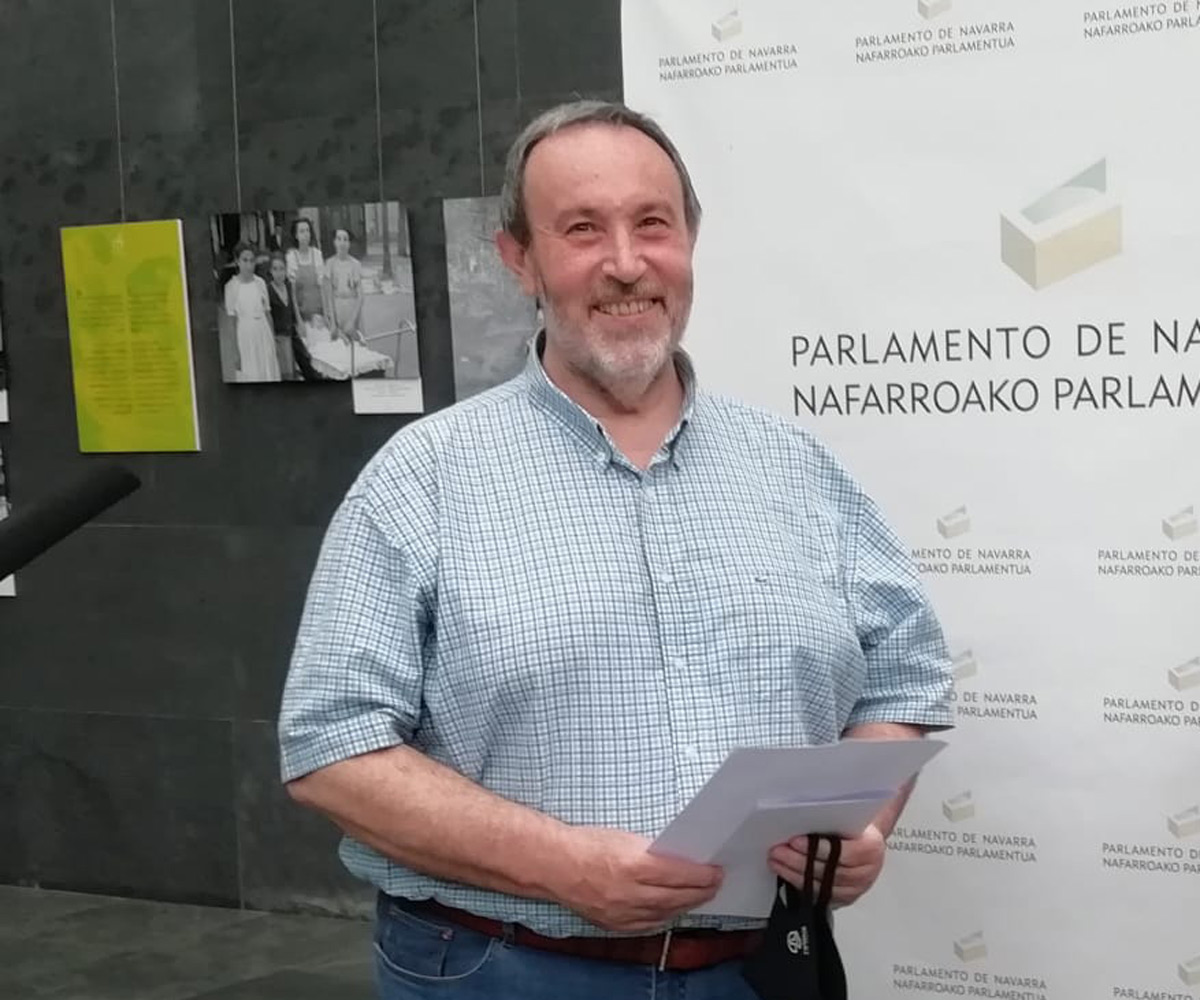"The conditions for adapting prison policy to the new era are gradually being built"
- "We believe that the time has come to make a decisive contribution to coexistence," said the members of the Social Forum at a press conference in Bilbao. "The debate on the contents of this journey must be addressed as soon as possible. This will allow a definitive solution to the situation of prisoners."

"The dissolution of ETA in May 2018 has given rise to conditions that allow us to face the phase of the construction of democratic coexistence in our country," said Teresa Toda. "However, in order to definitely deepen this phase, it is necessary to untie the three remaining nodes: the right to truth, justice and reparation for all victims; the promotion of the construction of a critical and inclusive memory from the social spaces; the definitive deactivation of the policy of prison exception and the implementation of a normalized policy of prisoners with itineraries of reinsertion".
Regarding the third point, Todo said that they know that "we are in a context in which emergency measures continue to be applied to prisoners", but added that the conditions are gradually being built so that "within a reasonable period of time the penitentiary policy can be adapted to this new time, provided that it is done forcefully and consistently".
"Without further delay, it is time to start a debate on the contents of this journey," said the member of the Permanent Social Forum. "We understand that for a process of reinsertion to be a success, it must be understood as a process, starting with prison, until the street. To do so, it must have two well-defined phases: the first and most urgent would be to determine the itinerary that the prisoner must follow inside the prison, enabling guarantees from first to second grade and, fundamentally, from second to third grade; the second would be institutional and social assistance in the prison leave phase (both in the second grade and, fundamentally, in the third grade) and in the full reintegration phase".
In order for this process to be successful, on the one hand, "the determined will of the Government of Spain"; on the other hand, "the participation of people imprisoned for politically motivated crimes and, finally, the determined will of the Basque Government and the Government of Navarra, as well as of civil society organisations, to contribute to their reintegration".
"This process of re-integration must be a first, urgent and brief phase, meeting the basic economic and health needs and achieving stability in the short term. In addition, in the second stage it is intended to offer sustainable vital resources, as well as adequate health, social, economic, educational and occupational support".
“A BASQUE ROAD FOR ALL AND FOR ALL”
➡️"From the Permanent Social Forum we understand that the time has come to contribute #elkarbizitza.rako decisively. It is time to discuss the content of this journey in order to solve the problem of prisoners"
📌https://t.co/xtu9sDv5At pic.twitter.com/7dHqK2TT1D
— Social Forum (@Soziala Forum) January 2, 2020
From a very young age I felt asked about the situation of our people. I soon felt the desire to work for the good of Euskal Herria and for its value and identity.
In the 1980s and early 1990s, we began to bring together several members, once every three months, to analyze the... [+]
Today, 8 April, it is four years since Basque civil society developed its most important initiative in the peace building process: Facilitate the civil disarmament of ETA. Twelve months later, at the Kanbo International Conference, a decisive step was taken to verify the... [+]




















